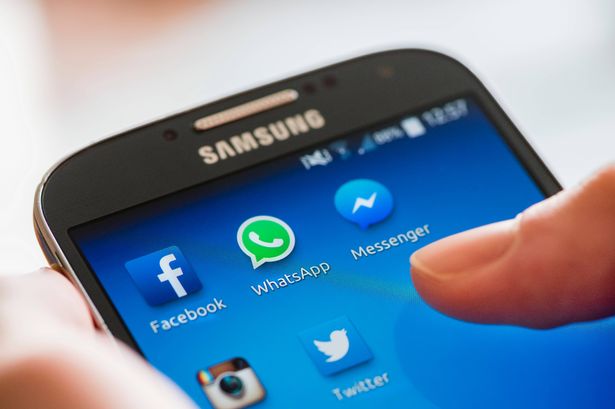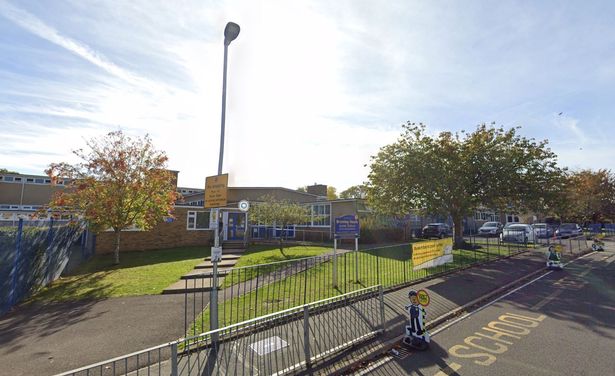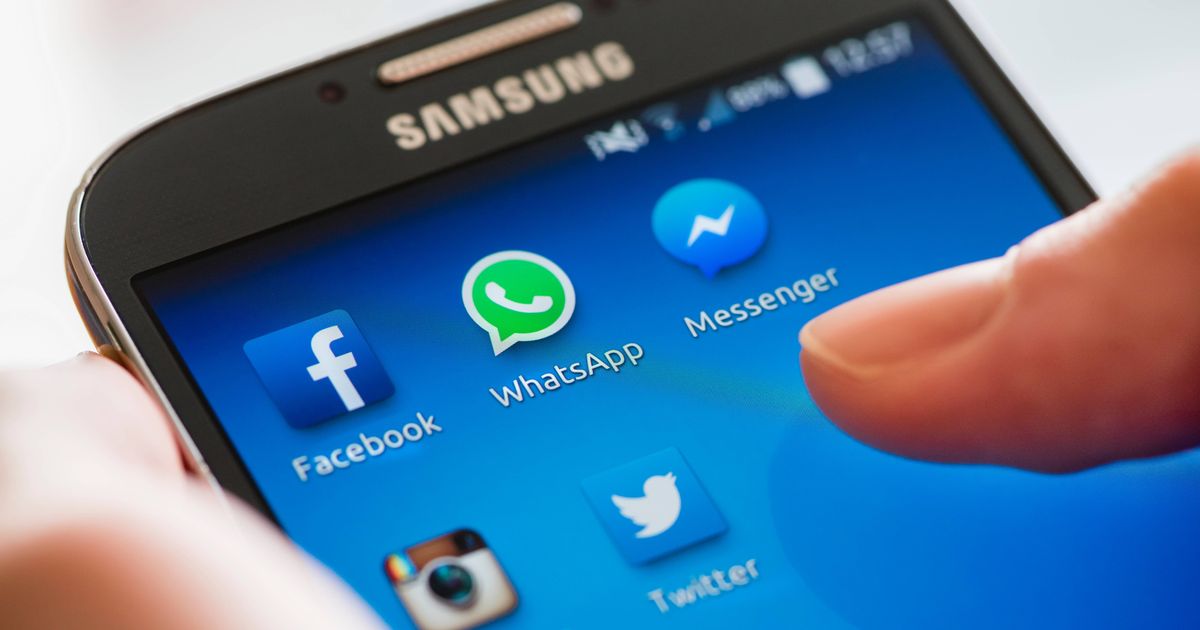The devices will be completely prohibited from the premises
12:00, 22 Jul 2025Updated 15:45, 22 Jul 2025
 A junior school in Bristol has banned smartphones(Image: EThamPhoto via Getty Images)
A junior school in Bristol has banned smartphones(Image: EThamPhoto via Getty Images)
A North Bristol school has completely banned smartphones in response to feedback from parents. From September, any phone which can access the internet or download apps will be prohibited from the premises of Bromley Heath Junior School in Downend.
Rose Arnold, whose son is due to start Year 5 in September, said parents at the school had been inspired by reading about a similar ban at Blackhorse Primary in Emersons Green, which was prompted when a teacher noticed a child had received 9,000 WhatsApp notifications in one night, a situation Ms Arnold described as ‘insane’.
The 33-year-old said: “That opened up a conversation, and then I actually looked into it, and I was like, ah, this is actually really damaging for children to have these smartphones. It’s not necessarily the apps, it’s actually like the WhatsApp messages, which are really, really, prevalent among small children. I just thought, why are children in WhatsApp groups at 10 and 11? It just seemed insane.”
 Bromley Heath Junior School has completely banned smartphones(Image: Google Maps)
Bromley Heath Junior School has completely banned smartphones(Image: Google Maps)
There is growing evidence that smartphones cause considerable harm to young people for a number of reasons, including their addictive elements and link between mass messaging systems such as WhatsApp and bullying.
Dr Susie Davis, a Bristol doctor and mental health expert, previously told Bristol Live WhatsApp group chats were one of the biggest problems she had encountered among Year 5 and 6 primary school children.
At Bromley Heath Juniors, pupils in Year 5 and 6 are currently permitted to bring smartphones to school but they need to be locked away during school hours.
From September, children who walk independently to school will only be allowed to bring in so-called ‘dumb phones’, which can only message or make calls, and these must still be locked away. Smartphones will be completely banned.
In a letter to parents, headteacher Tracy Serle said the move to ban the devices entirely was in response to the growing risks they posed to children before they had even arrived at school.
“While the move to being a Smartphone Free School does not impact directly on school, as mobile phones have never been used in school and have been strictly monitored and stored away from children throughout the day, we recognise that incidents involving young people on social media and communication platforms such as WhatsApp have increased significantly over recent years,” Ms Serle. “This has included managing children who have engaged in activities on the way to school which have been influenced by social media and have put children at potential risk.”
“We recognise that many families appreciate their young people being able to message home when they arrive at school, alongside school’s continuing careful monitoring of attendance and swift response to children’s absence without notification from families. We hope that families can understand that the approach being taken will support and address many parental views and concerns.”
The only exception to the smartphone ban will be in ‘very exceptional circumstances’ such as a diabetic child relying on an app to track their insulin levels. At a recent meeting at the school, more than 75% of parents voiced their support for the complete ban.
Ms Arnold said she had always been aware of the dangers of the internet for young children having grown up with the internet herself, in contrast to her own parents.
She said she had been in favour of banning her own children from smartphones until they were older, but had worried that not enough parents would feel the same.
“I’m really surprised and really happy that the school has made that decision,” she said. “Because it just goes to show that when actually asked, and, you know, able to make a change that most parents actually do feel that way.
“I feel like a lot of parents actually just feel pressured into giving their children these things, because that’s what the wider community are doing.”

